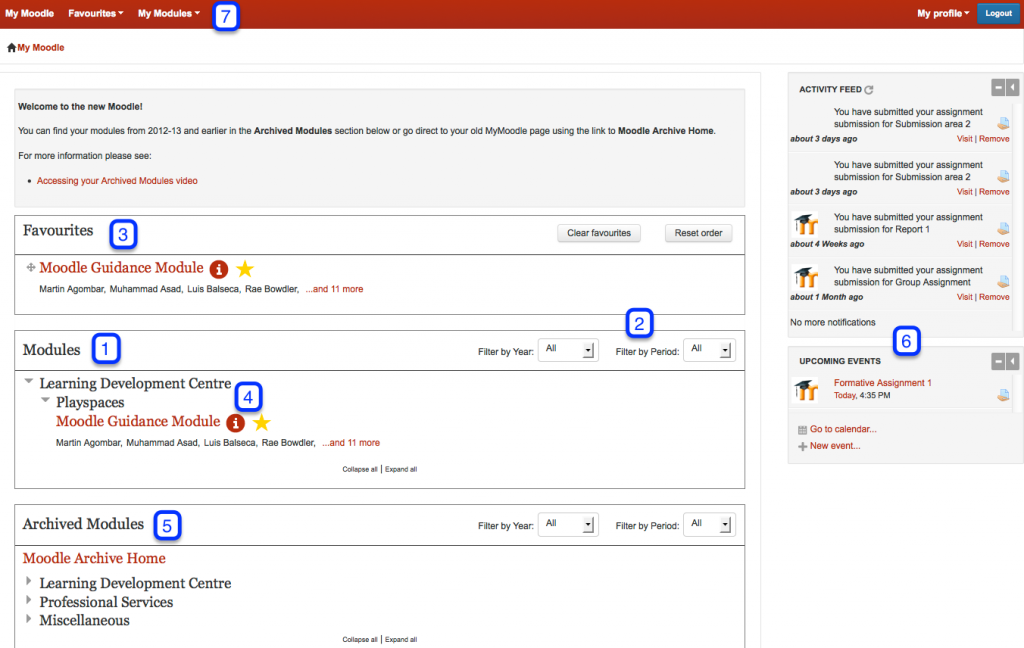The 20th annual conference of the Association for Learning Technology (altc2013) 10–12 September 2013, Nottingham, UK altc2013 Building new cultures of learning Everybody learns, but the ways in which we learn are changing rapidly. The 20th annual conference of the Association for Learning Technology (ALT) sets out to explore and contribute to building new cultures…Continue Reading One Hundred and One Things About Video In Education
One Hundred and One Things About Video In Education









